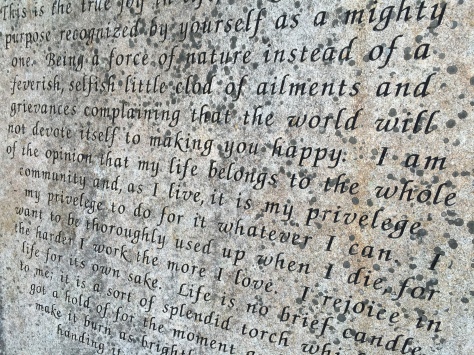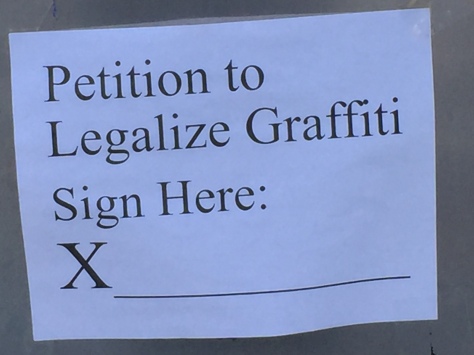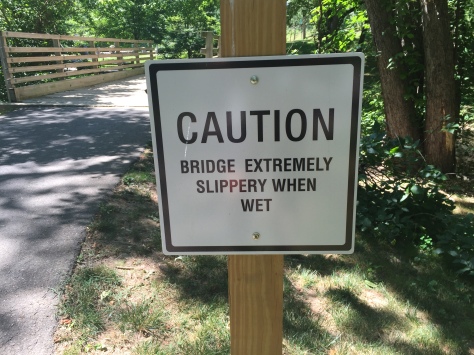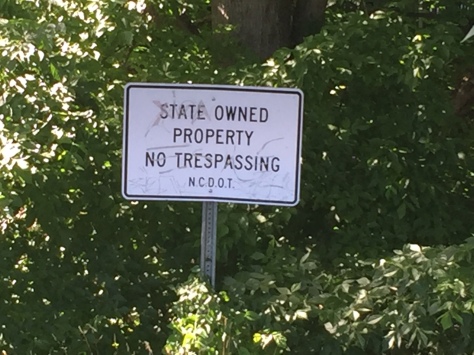Closer yet I approach you
. . .
We understand then do we not?
What I promis’d without mentioning it, have you not accepted?
What the study could not teach—what the preaching could not accomplish is accomplished, is it not?
—Walt Whitman, “Crossing Brooklyn Ferry”
On Tuesday I planned to debrief the individual conferences—sharing some of the conversations about the thinking and writing you are doing in this course. When I arrived in class Mitchell and Kerrin were talking about the challenges of wrestling with the archive of documents assembled for the course, on the one hand, and composing a well-put-together short-form essay that will engage a reader, on the other hand.

It was a productive place to begin. What followed was a question. I asked, “What useful information about thinking and writing did you take away from our first conference last week?” What I recall bringing to the table was Savannah’s note to self. She told me in our conference that she has read one of blog posts in the category “Method,” titled Habits of Mind. In that post I talk about the kind of intellectual habits that can lead to productive work:
Success in this class begins with an interest in what you are doing. Once you get interested you will be ready to think about what and how you are learning in school.
I go on to say that “effective writing is a product of interest and engaged learning and below you will find five areas of work for you to consider as you write.” These areas of work include curiosity, creativity, openness, and persistence. Approaching learning in these ways, Savannah reminded herself, can make all the difference.
Such an approach is not unfamiliar to us, linguists and contenders, as you will remember:
Books are to be call’d for, and supplied, on the assumption that the process of reading is not a half-sleep, but, in highest sense, an exercise, a gymnast’s struggle; that the reader is to do something for himself, must be on the alert, must himself or herself construct indeed the poem, argument, history, metaphysical essay—the text furnishing the hints, the clue, the start or frame-work. Not the book needs so much to be the complete thing, but the reader of the book does. That were to make a nation of supple and athletic minds, well-train’d, intuitive, used to depend on themselves, and not on a few coteries of writers.
This passage from the end of “Democratic Vistas” is a touchstone for your work this semester. The work of meaningful reading, thinking, and writing calls for students with “supple and athletic minds, well-train’d, intuitive, used to depend on themselves.” Meaningful work is engaged work, and engagement leads to agency.

What I attempted to explain in response to Kerrin and Mitchell is that the tension between process and product, between learning and sharing what you have learned, is inevitable and productive. That is, the challenge of writing weekly blog posts is the challenge of integrating your process of discovery—the quickening of mind when you make a personal connection, the thrill of immersion in thought—with the satisfaction of finding a form for your thinking.
My challenge to you as thinkers and writers in an upper-level college course is to build on what you have learned as writers in school. The opportunity for you now is to build from a more responsive or reactive mode of intellectual engagement (say, responding to an assignment prompt that I create) to identifying your own assignment, task, or purpose.
***
This is a blog post about method-a way of doing intellectual work. It is a blog post about taking seriously this kind of work and that makes visible the constraints both students and teachers face when trying to do this work in classrooms and institutions. And it is an emerging essay that in inspired by one of the touchstones of our work together, Walt Whitman, in this case from Section 4 of the poem “Song of Myself”:
Trippers and askers surround me,
People I meet, the effect upon me of my early life or the ward and city I live in, or the nation,
The latest dates, discoveries, inventions, societies, authors old and new,
My dinner, dress, associates, looks, compliments, dues,
The real or fancied indifference of some man or woman I love,
The sickness of one of my folks or of myself, or ill-doing or loss or lack of money, or depressions or exaltations,
Battles, the horrors of fratricidal war, the fever of doubtful news, the fitful events;
These come to me days and nights and go from me again,
But they are not the Me myself.
Apart from the pulling and hauling stands what I am, Stands amused, complacent, compassionating, idle, unitary,
Looks down, is erect, or bends an arm on an impalpable certain rest,
Looking with side-curved head curious what will come next,
Both in and out of the game and watching and wondering at it.
Backward I see in my own days where I sweated through fog with linguists and contenders,
I have no mockings or arguments, I witness and wait.
-Walt Whitman, “Song of Myself”

Your blog is a powerful tool not because it is technology or even because it is a kind of bridge between your thinking and your readers. It is a passage where you will meet head on your challenge of claiming thinking and writing as your own.
But to release the potential of this idea suggests an additional step. One way to take this step is to begin with a series of questions. What would a writing class look like without assignments? That is, is it possible to imagine a college-level class with no assignments? How would you keep your mind humming? How would you move your mind and motivate your writing? Your role as student would surely look different. Might we be imagining the “the difference between acting and being acted upon” Adrienne Rich elaborated in her commencement at Douglass College in 1977, “Claiming an Education”? Might we be making the connection back to Emerson’s song of self-trust, or between your responsiveness and your ability? Here is Rich again:
Responsibility to yourself means refusing to let others do your thinking, talking, and naming for you; it means learning to respect and use your own brains and instincts; hence, grappling with hard work.
And might these reflections shift my role as teacher? Well, they do. And they have. This is why I was motivated on Tuesday to go back over the weekly writing schedule I set up for us this semester:
- On Tuesday you are responsible for writing about what you are reading. However I have challenged you to do much more than “respond” to the reading. Instead you are finding and pursuing a question or questions that you have identified in the readings, or as a result of the course readings; and you are attempting to establish yourself in the ongoing conversation about the experiences of living in a society ostensibly organized around democratic ideals and norms
- In the luxurious span of time between Tuesday afternoon and Sunday evening you are in conversation, with yourself, with others. You have space to engage in your own conversation with yourself as you reflect on what you have written, and allow your thinking to develop—clarifying your thought and its significance (for you and others who might read what you have to say), contextualizing your thinking (in the text, across texts, in social and cultural and historical contexts), and building confidence (authority) for what you have to say. You also have our conversations in class to situate, inform, and complicate your emerging stake in the conversation
- And by Sunday you should have come closer to getting it right. The “it” here is your thinking as well as the form of your thought in writing: to challenge yourself to make a contribution to (and not incidentally to enact) the ongoing conversation about democratic culture
Yet the schedule includes one more step, a step we talked about in class on Tuesday: building your sequence of short-form essays into a body of work—a sequence, collection, or anthology of writing that has consistency and integrity.
For this reason, over the final two weeks before spring break, your work will involve reflection (reading over what you have completed) and shaping, or curating, the writing on your blog. And to this end, before we meet on Tuesday March 7 we will read all the course blogs and annotate them using “Open Space of Democracy” group on Hypothes.is. The Tuesday class will be a “Blog Charrette” where we can exchange ideas, play with options, and work toward your own integrated intellectual digital space.

First and foremost this work is designed to sharpen your tools, or passing along tools you might not have been fully aware are in your workshop: reading, thinking, writing, collaboration, and so on. We are using the blogs to enact an extended conversation about protocols of study, or methods of doing work with texts and cultural contexts. We are reading documents and probing the intellectual and cultural history of the United States, making connections, “upbuilding” to borrow a word from Ralph Waldo Emerson.
You are also, finally, participating in a course that begins with a less familiar idea: that a course in College is an ongoing intellectual project. This is why the course is organized around more than a list of texts, questions, ideas, and histories, as all good humanities courses are. It is organized around your contributions to an ongoing cultural project of understanding and making meaning.
Another way of saying this is that we are doing the work of democracy-“Both in and out of the game and watching and wondering at it.”




